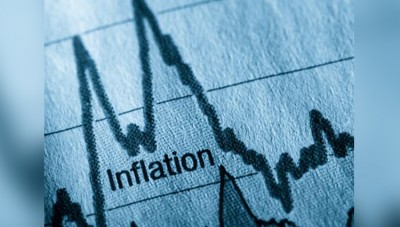European Union negotiators secured a historic deal to decarbonize the air travel sector, seeking to cut heat-trapping emissions by giving a push to the region’s green aviation fuel market.
The agreement on the ReFuelEU Aviation proposal followed talks and was reached at the conclusion by the European Parliament and the Council. It should be now approved by EU countries to become a law.
The new rules are set to require aviation fuel companies to supply a minimum share of sustainable aviation fuels (SAF) at EU airports, beginning with 2% of overall fuel supplied by 2025. This will increase to 6% by 2030, before reaching to 70% by 2050.
The measures also require aircraft operators from EU airports to refuel only with the fuel essential for the flight to avoid emissions because of extra weight when operators intentionally carry extra fuel to avoid refueling with SAF.
Airports will need to make sure their infrastructure is compatible for the purpose of distributing synthetic jet fuels.
EU officials described the agreement as an important step and a turning point for European aviation to reduce dependence on fossil fuel imports and for improving energy security.
Frans Timmermans, executive vice-president for the European Green Deal, said, “Fuel suppliers at EU airports must provide an increasing share of sustainable aviation fuels and aircraft operators increase their use. The EU is ready for take-off towards a more sustainable future for aviation.”
A European umbrella group for NGOs, Transport & Environment, welcomed the EU’s new green fuels law for aviation.
Matteo Mirolo, aviation policy officer at T&E said, “This pioneering deal is an unwavering endorsement of the world’s largest green fuel mandate for aviation. The EU doubled down on synthetic fuels, which is important for decarbonizing the sector, and limited the use of unsustainable biofuels in planes.”
Mirolo added, “The ramp-up of SAFs can now start, but there is more work to be done. “Ensuring the success of SAFs will require industrial support policies for synthetic kerosene but also stronger safeguards to ensure that no unsustainable biofuels creep into airplane tanks.”





